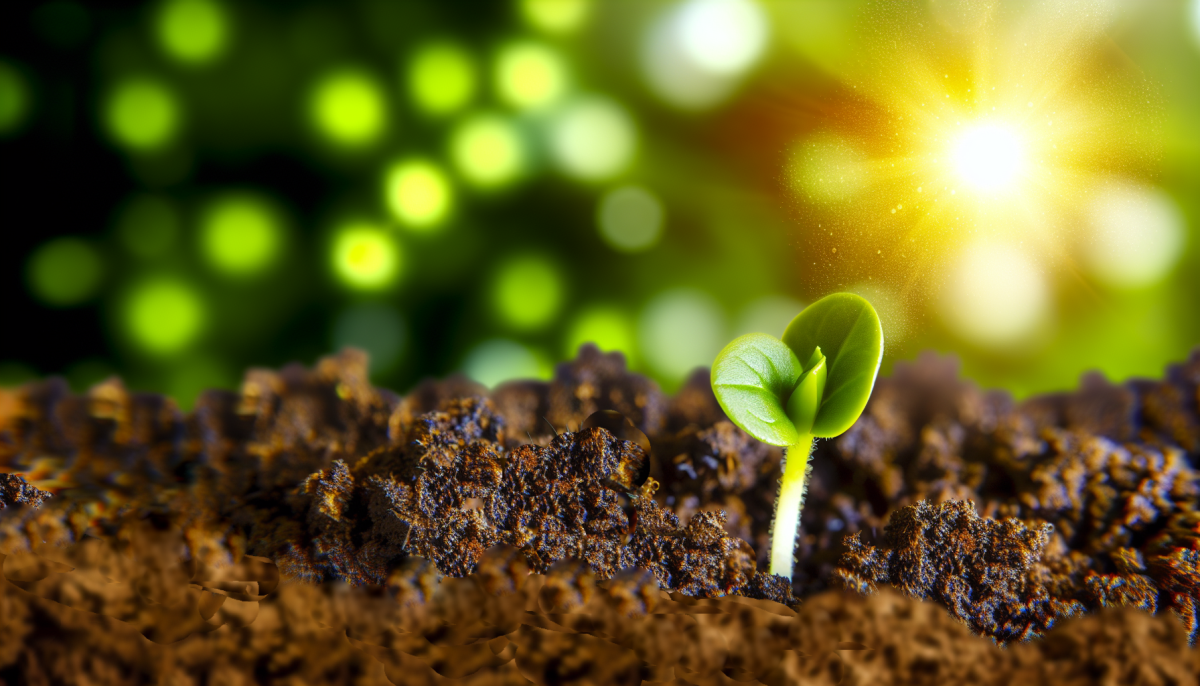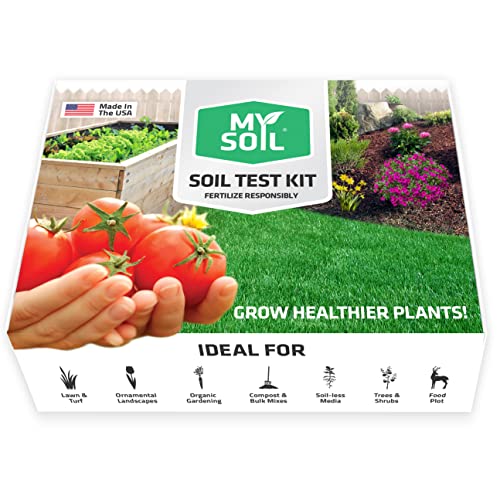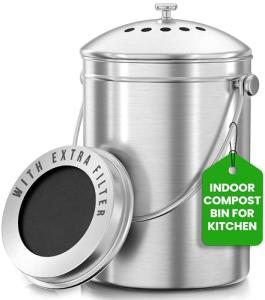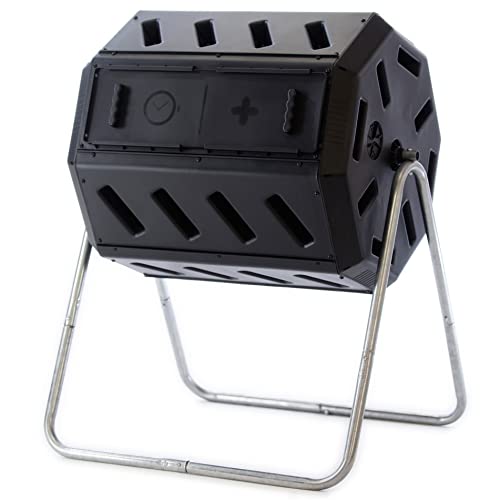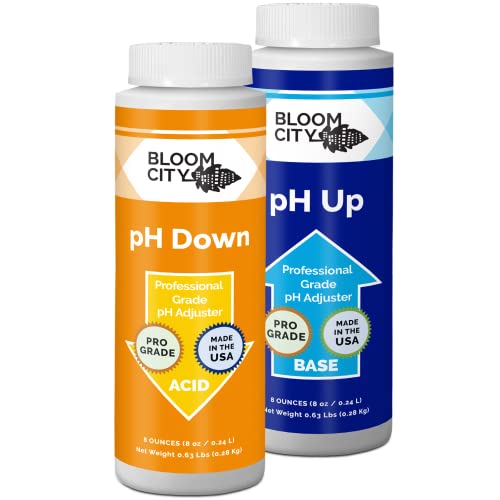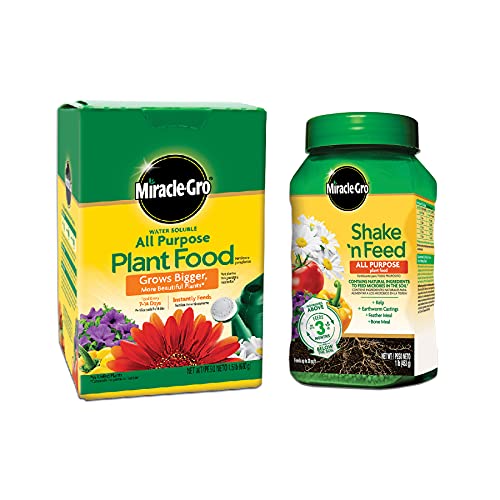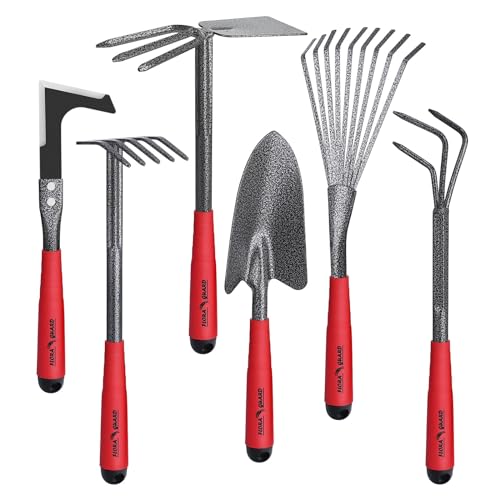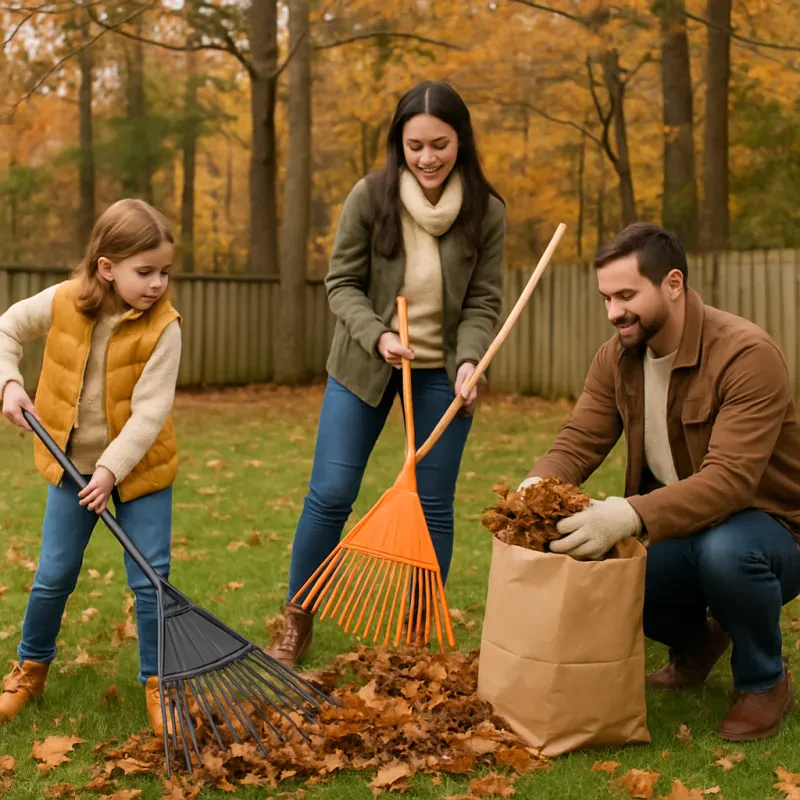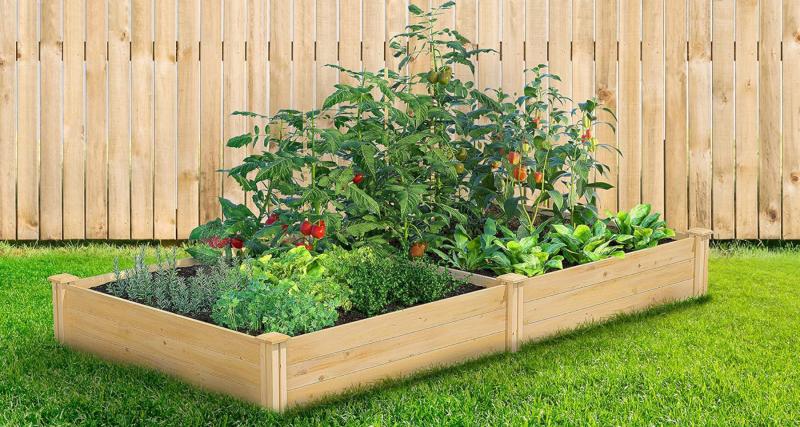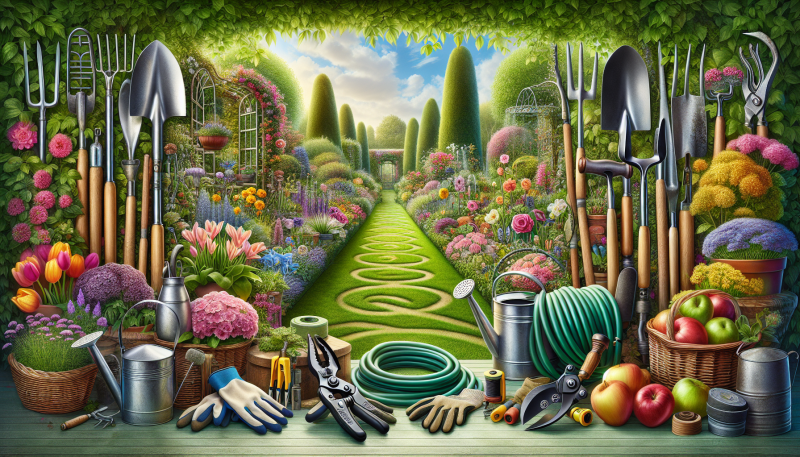Soil Quality makes Happier and Healthier Plants
If you love gardening or indoor plants, you should know how important it is to have healthy soil for them. Soil quality affects the growth, appearance, and nutrition of your plants.
Any garden or planter is only as successful as its soil – what plants depend on for nourishment and protection. To give your plants the best possible growing conditions while keeping away weeds and pests, you need to give your soil a little care and attention. Buying commercial topsoil does not mean that it will contain everything your plants will need.
Soil should be light and crumbly, giving roots the chance to expand freely. Soil that’s too dense, needs to have peat moss added to lighten it. You also need to make sure the soil has the proper nutrients, so treat it with an organic fertilizer and add compost you can make yourself in your garden.
Over time, soil will need to be replenished with ‘green manure’ (the remains of fast-growing plants or compost) and rock phosphate, as well as – of course – ongoing tender loving care. Your efforts will be quickly rewarded as your plants grow, thrive, and blossom.
How to improve soil quality
But how can you improve your soil quality and make your plants happier? Here are some tips to help you out.
Test your soil
Before you start any soil improvement project, you need to know the current condition of your soil. You can buy a soil test kit from a garden center or online or send a sample to a local extension service. A soil test will tell you the pH, nutrient levels, organic matter, and texture of your soil. This will help you determine what amendments you need to add to your soil.
To help you get started, we recommend:
MySoil Soil Test Kit - Grow Thriving Lawn & Garden
Achieve optimal plant growth with accurate soil analysis using the MySoil Soil Test Kit
Product information
$31.99
Product Review Score
4.1 out of 5 stars
40 reviewsProduct links
Add organic matter
Organic matter is anything that was once living, such as compost, manure, yard waste, etc. Organic matter improves the structure, water retention, drainage, and fertility of your soil. It also feeds the beneficial microorganisms that live in your soil and help your plants absorb nutrients. You can add organic matter to your soil by spreading it on top of the existing soil and working it in with a fork or a tiller, or by using it as mulch around your plants.
You can make your own compost from kitchen scraps (like fruits or vegetables, eggshells, coffee grounds, tea bags, etc) and yard waste (like grass clippings, leaves, twigs and sticks, wood chips). All you need is a compost bin, moisture, air to speed up the decomposition process. In a few months or less, you will have a rich and crumbly compost that you can use in your garden or plant pots.
For a simple indoor compost bin, we recommend:
Silver Utopia Kitchen Countertop Compost Bin - 1.3 Gallon
Effortlessly compost kitchen waste with our Silver Utopia Kitchen Countertop Compost Bin holding up to 1.3 gallons
Product information
$29.99
Product Review Score
4.94 out of 5 stars
128 reviewsProduct links
For a more robust outdoor compost tumbler, our pick:
FCMP Outdoor IM4000 Dual Chamber Tumbling Composter - Black
Efficiently compost all your organic waste with this sleek black tumbling composter from FCMP Outdoor
Product information
$84.99
Product Review Score
4.7 out of 5 stars
75 reviewsProduct links
Have an apartment with plants or just can’t wait (makes compost in less than a day!):
Adjust the pH
The pH is a measure of how acidic or alkaline your soil is. Different plants prefer different pH levels, but most plants grow best in a slightly acidic soil with a pH of 6 to 7. If your soil is too acidic or too alkaline, it can affect the availability of nutrients and the health of your plants. You can adjust the pH of your soil by adding lime (to raise the pH) or sulfur (to lower the pH), following the recommendations from your soil test.
We recommend using for more accurate control and quicker results:
Bloom City pH Control Kit for Nutrient Uptake
Optimize Your Garden's Growth and Health with Bloom City's pH Control Kit for Enhanced Nutrient Uptake
Product information
$18.99
Product Review Score
4.92 out of 5 stars
162 reviewsProduct links
Add nutrients
Your soil may need additional nutrients to support the growth and development of your plants. The three main nutrients that plants need are nitrogen (N), phosphorus (P), and potassium (K). These are often referred to as NPK and are found in most fertilizers. However, your soil may also need other micronutrients, such as calcium, magnesium, iron, zinc, etc. You can add nutrients to your soil by using organic or synthetic fertilizers, following the instructions on the label and avoiding over-fertilizing.
A true and well trusted plant fertilizer to consider is:
Miracle-Gro Plant Food Bundle for All-Purpose Gardening
Grow your garden with the Miracle-Gro Plant Food Bundle - perfect for all-purpose gardening!
Product information
Product Review Score
4.83 out of 5 stars
194 reviewsProduct links
Avoid soil compaction
Compaction is when the soil particles are pressed together, reducing the pore space and air circulation in the soil. Compaction can result from walking on the soil, using heavy machinery, or having poor drainage. Compacted soil can hinder the root growth and water uptake of your plants. You can avoid compaction by using raised beds, pathways, or boards to walk on, aerating your soil with a fork or a core aerator, and adding organic matter to improve the structure and drainage of your soil.
For hobby gardens and potted plants, we recommend:
6-Piece FLORA GUARD Heavy-Duty Garden Tool Set
Enhance Your Gardening Experience with These Durable Tools from FLORA GUARD
Product information
$35.99 $27.99
Product Review Score
4.15 out of 5 stars
105 reviewsProduct links
Last Words
By following these tips, you can improve your soil quality and make your plants happier and healthier. Happy gardening!
